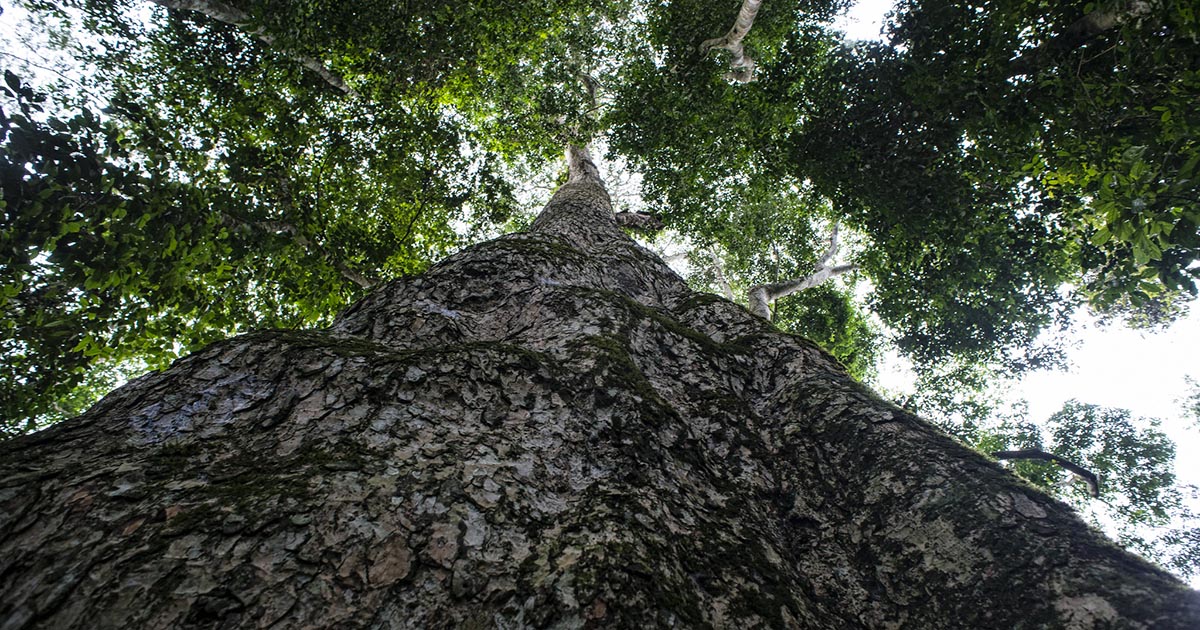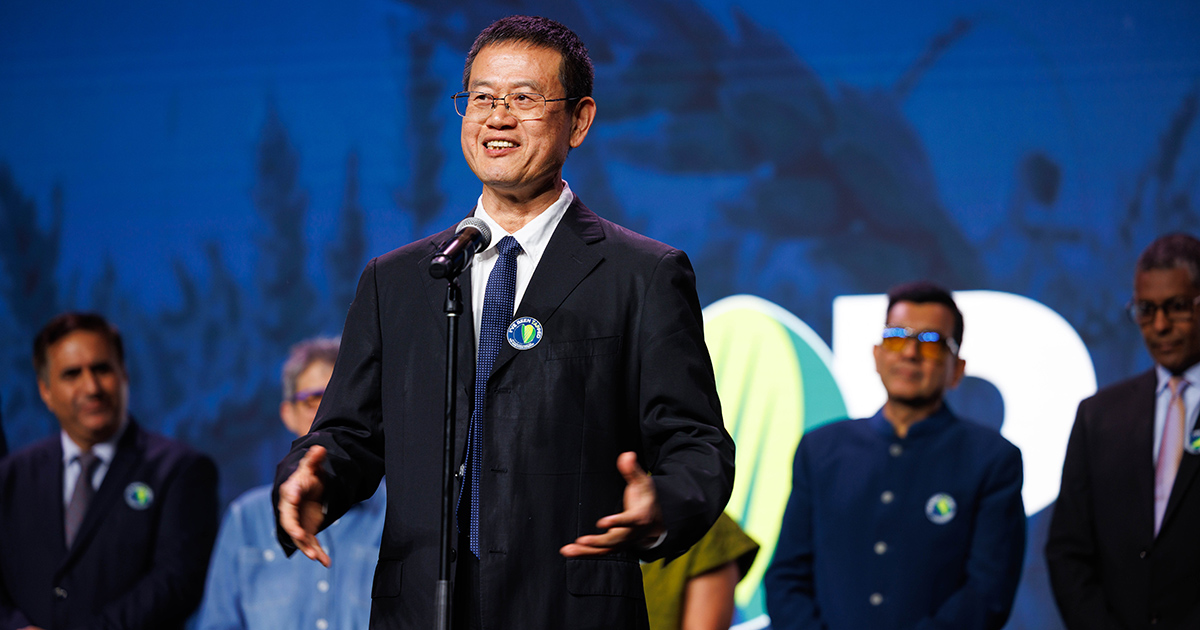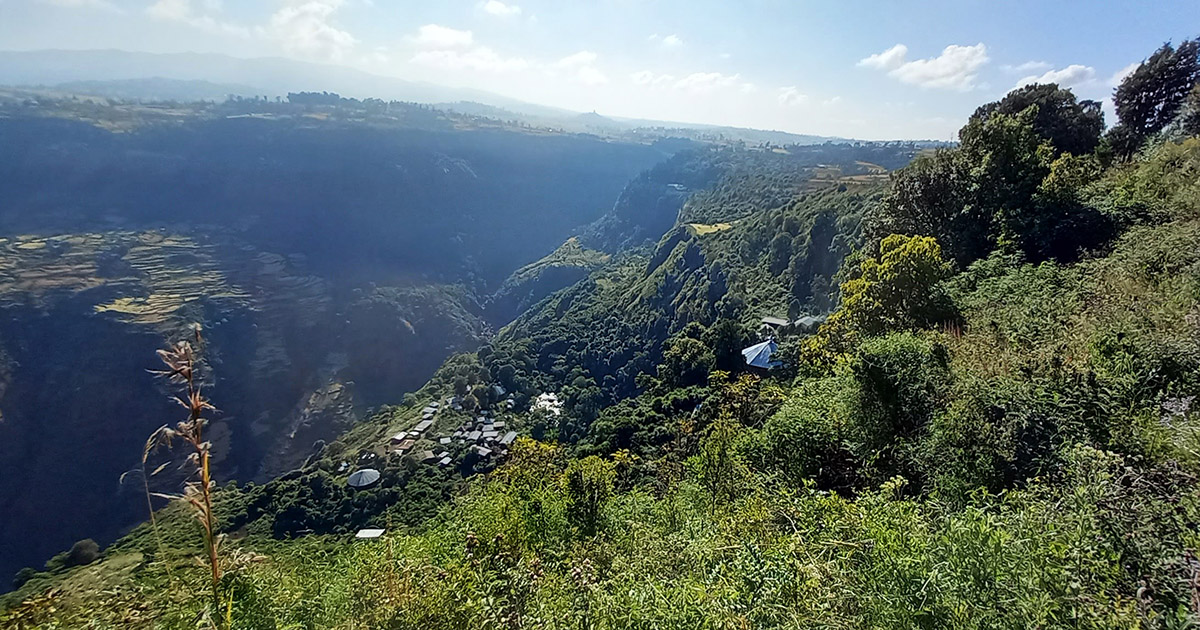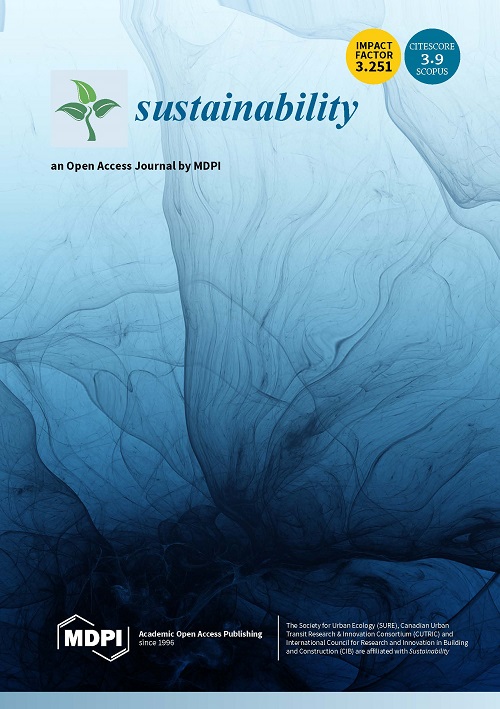The foundation of his system is soil restoration. Mukoko produces biochar from crop residues and animal bones, crafts nutrient-rich Terra Preta compost, and applies fermented liquid fertilizers to revive degraded soils. For pest management, he deploys plant-based biopesticides, raised planting mounds for mole control and drainage, and diversified polycultures to maintain ecosystem balance. Space-efficient designs, including floating gardens, vertical cropping, and integrated multi-story systems, maximize yields while conserving biodiversity. These innovations have attracted over 25 bird species, boosted pollinator populations, and improved soil resilience to climate extremes.
Mukoko applies circular bioeconomy principles, turning farm outputs into value-added products for local markets, reducing waste, and extending shelf life. His mentorship of women, youth, and fellow farmers ensures the transfer of agroecological skills, building local capacity for sustainable food systems. By connecting grassroots ingenuity with science, policy, and investment, Mzee Mukoko’s work offers a compelling model for climate-resilient, inclusive, and regenerative food systems, safeguarding agroecological heritage for future generations.
DOI:
https://doi.org/10.17528/cifor-icraf/009395Altmetric score:
Dimensions Citation Count:
Publisher
CIFOR-ICRAF: Bogor, Indonesia and Nairobi, Kenya
Publication year
2025
Authors
Kuria, A.; Awiti, A.O.; Lelei, D.; Mulianga, B.
Language
English
Keywords
agroecology, regenerative agriculture, soil conservation, biochar, farming systems, bioeconomy, climate resillience, small scale farming, smallholders, food systems, community development
Geographic
Kenya















